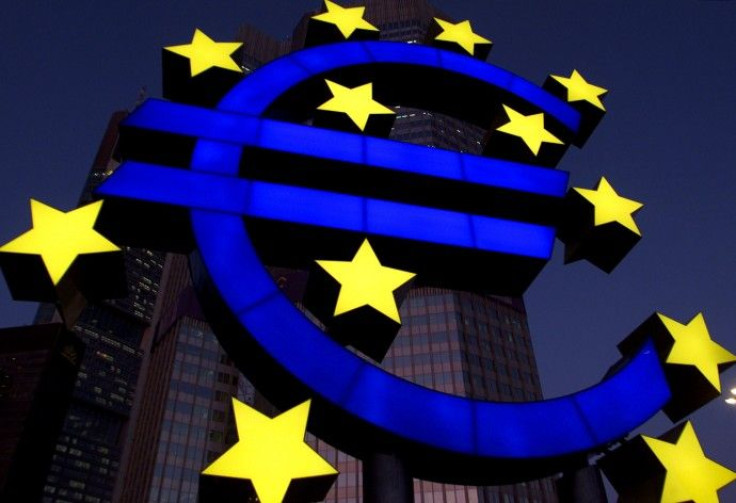EU needs a 'grand bargain' with Germany: ECFR

The European Union (EU) needs a 'grand bargain' with Germany to fundamentally redesign its economic structure, said the European Council on Foreign Relations (ECFR).
This bargain basically involves much more economic integration and could entail a common euro bond, a Troubled Asset Relief Program (TARP)-styled vehicle on the European level, and an expanded Euro-budget.
In reality, however, Germany, and much of Europe, is (so far) much less ambitious than that. At the current two-day long EU Summit, they have pretty much agreed to just push out their permanent bailout mechanism by 2013.
However, the current EU mechanism -- with its well-known flaw of having a common currency but sovereign fiscal policies (and having failed twice before, i.e., The European Exchange Rate Mechanism and The Maastricht Treaty) -- cannot succeed this time either, said Thomas Klau of the ECFR.
The way Klau sees it, Europe has two choices.
One way, and the approach they advocate, is the 'brand bargain' with Germany. It involves having European countries [delegate] more economic and budgetary power to the European level, concocting some sort of European budgetary federalism.
Germany must [share] economic sovereignty in exchange for other euro zone member states buying into a new model of European governance largely devised in Berlin, said Klau.
However, the political climate in Germany is so far rejecting this 'grand bargain,' even as some euro zone politicians support it.
The second way is for European countries to submit to binding controls of national policies and be clearly subject to the directions flowing from European institutions, said Klau.
This approach is favored by Germany, who want to impose penalties upon deficit-offenders. However, the peripheral countries reject it.
Klau said there is no third way.
But with Germany and the peripheral countries at odds, and neither side willing to compromise or able to impose their will on the other, this muddled third way is precisely how the EU is moving forward.
Email Hao Li at hao.li@ibtimes.com
© Copyright IBTimes 2024. All rights reserved.











